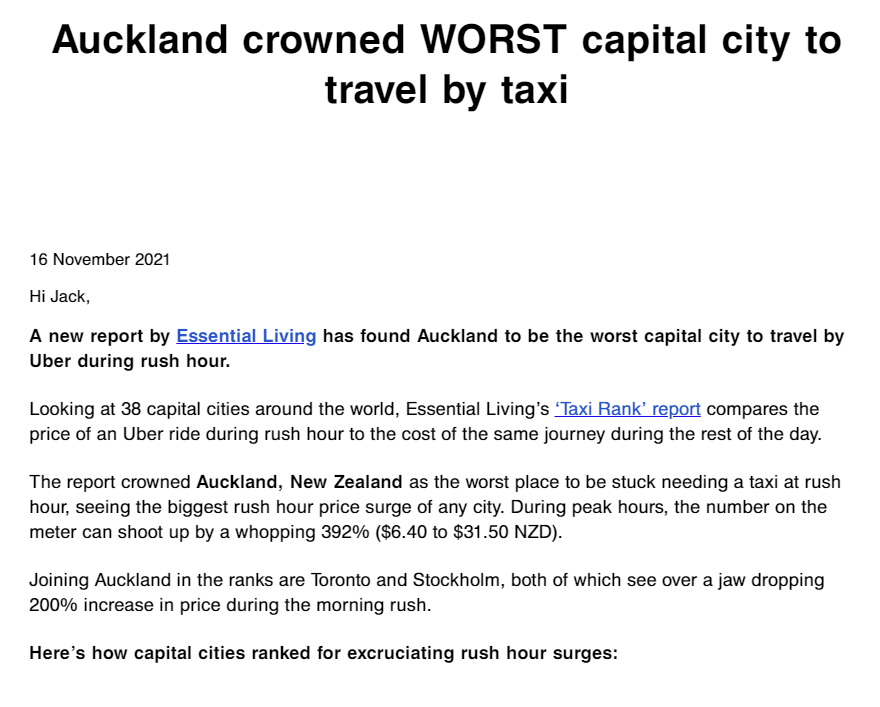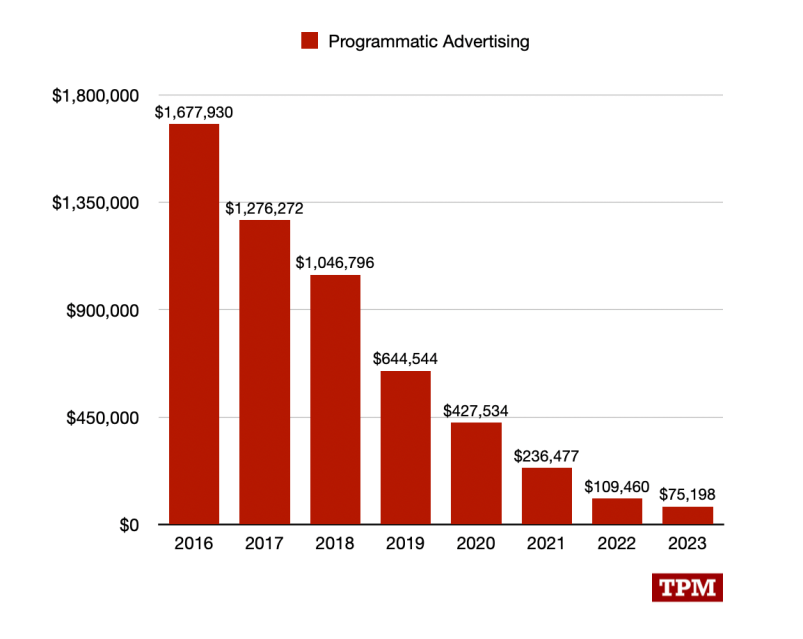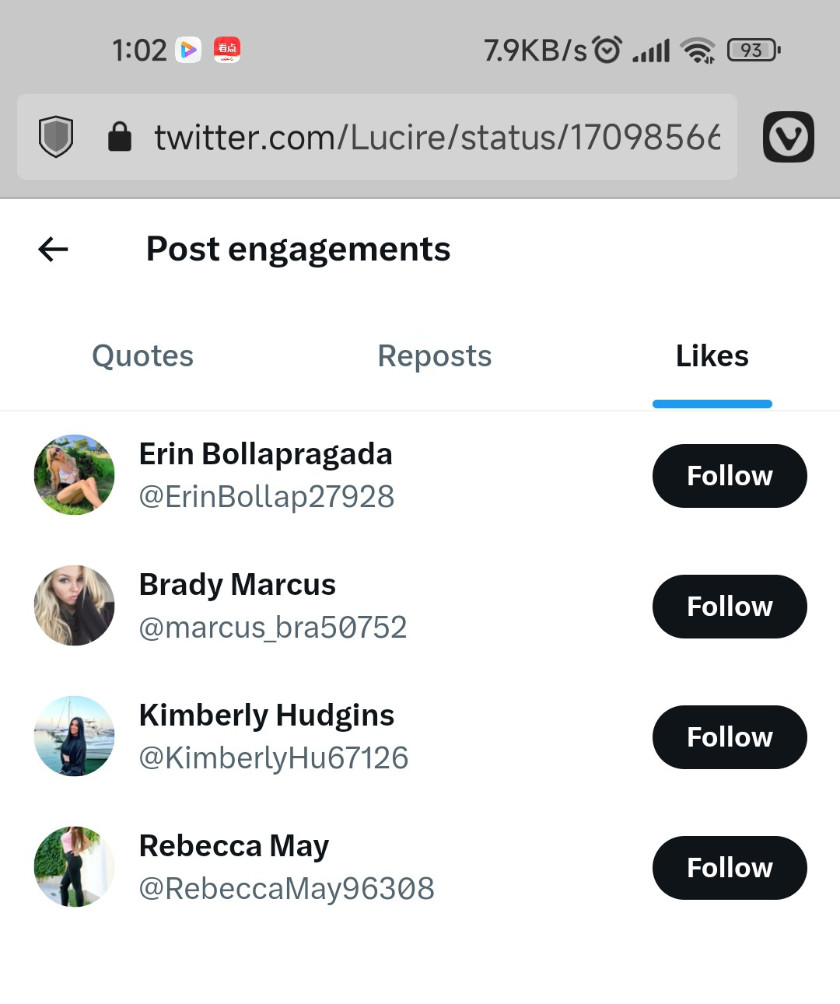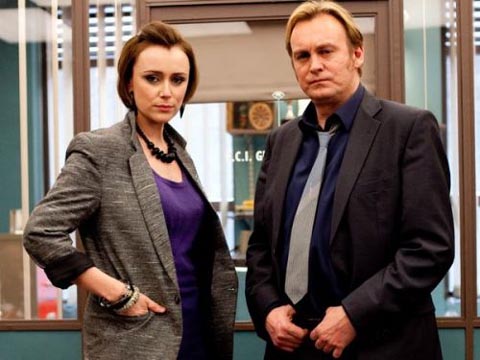Well, that was a rather sycophantic interview with Jimmy Wales, co-founder of Wikipedia, on Radio New Zealand, as the online encyclopædia turns 20.
So I was rather excited when a Tweeter said he was going to interview Wales and asked for questions from the public. I responded:
Why did your co-founder Larry Sanger accuse Wikipedia of being anti-expertise?
What are you doing to ensure that bad actors do not scam their way into senior editor positions?
Why is Wikipedia in English so much less reliable than Wikipedia in German or Japanese?
— Jack Yan 甄爵恩 (@jackyan) January 10, 2021
Let’s say they’re not going to get asked. He wrote:
There's not really such a thing as a senior editor position. It is unlikely that a bad actor would make thousands of good edits just to get a reputation within the editor community only to then try to undermine the project. Openness means bad actors are identified quickly.
— John Lubbock (@jwsal) January 10, 2021
And I responded, quite prepared to engage:
Semantics aside, are there not editors who rise up the ranks to have more editing privileges than others? They don’t necessarily undermine the project within the Wikipedia domain. Happy to discuss more if you’re genuinely interested.
— Jack Yan 甄爵恩 (@jackyan) January 11, 2021
No reply. And of course there are senior editors: Wikipedians themselves use this term. I can only assume that it’s going to be another sycophantic interview. Why aren’t some people willing to ask some hard ones here? I’m guessing that the only way tough questions are asked about tech is if a woman gets on to it (someone like Louise Matsakis or Sarah Lacy).
There’s plenty of evidence of all three of my positions, as documented here and elsewhere, and I didn’t even include a great question on bullying.







